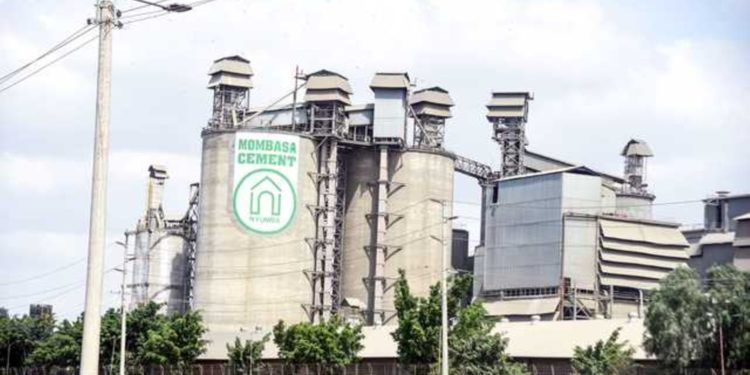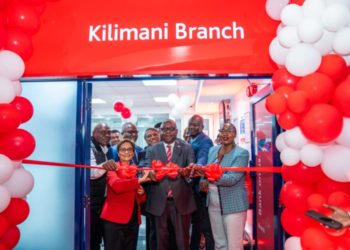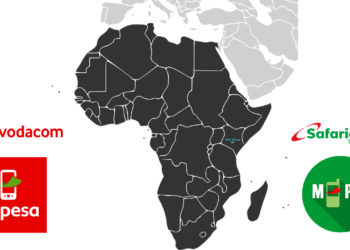Mombasa Cement Limited has announced plans to construct a 20-megawatt (MW) power plant at its factory in Vipingo, Kilifi County, in a bid to reduce energy costs and ensure a reliable power supply. The project, estimated to cost KES 2.5 billion, will utilize both solid fuels and a waste heat recovery system, according to regulatory filings.
The proposed power plant will generate 10MW of electricity from waste heat recovery and another 10MW from solid fuels. The waste heat will be sourced from flue gases emitted during the clinkerization and cement production processes. For the generation of electricity from solid fuels, the plant will employ circulating fluidized bed combustion boiler technology.
“The objective of the proposed project is to generate electricity internally that will be used onsite in cement production at Mombasa Cement Vipingo factory,” Mombasa Cement stated. The existing factory in Vipingo already operates two clinker production lines, which generate heat during the production process, making the new power plant a logical step in optimizing energy use.
Mombasa Cement’s project is part of a broader trend among cement manufacturers in Kenya, who are increasingly investing in self-generated power to cut costs and ensure energy reliability. For instance, Devki Steel Mills Limited, a subsidiary of the Devki Group, is planning a KES 260 million wind farm in Samburu, Kwale County, with a capacity of 60MW. The wind farm will feature 38 turbines and is expected to supply electricity to the national grid.
Additionally, Bamburi Cement began constructing two solar photovoltaic power plants in December 2023. One of these, with a capacity of 14.5MW, is located at Bamburi’s Mombasa factory, while a 5MW plant is being built at the company’s Nairobi grinding plant. These initiatives highlight the cement industry’s shift towards more sustainable and cost-effective energy solutions.
















